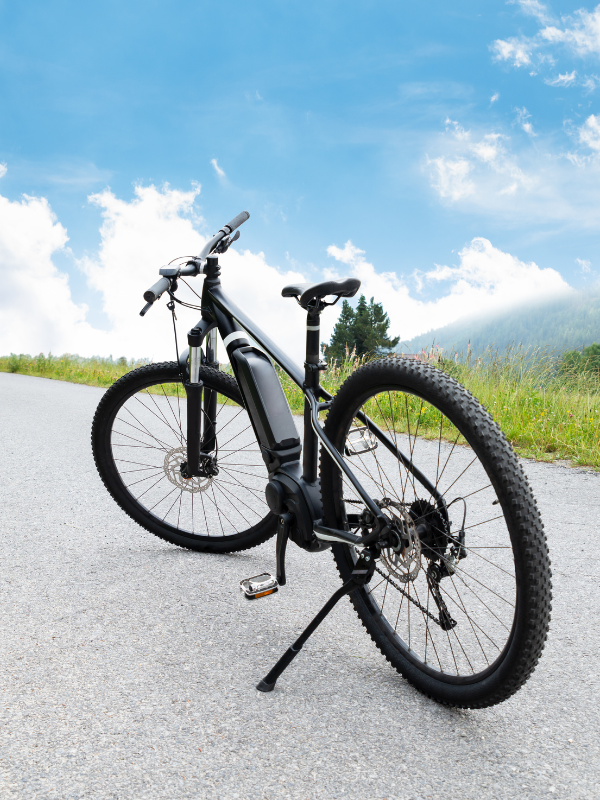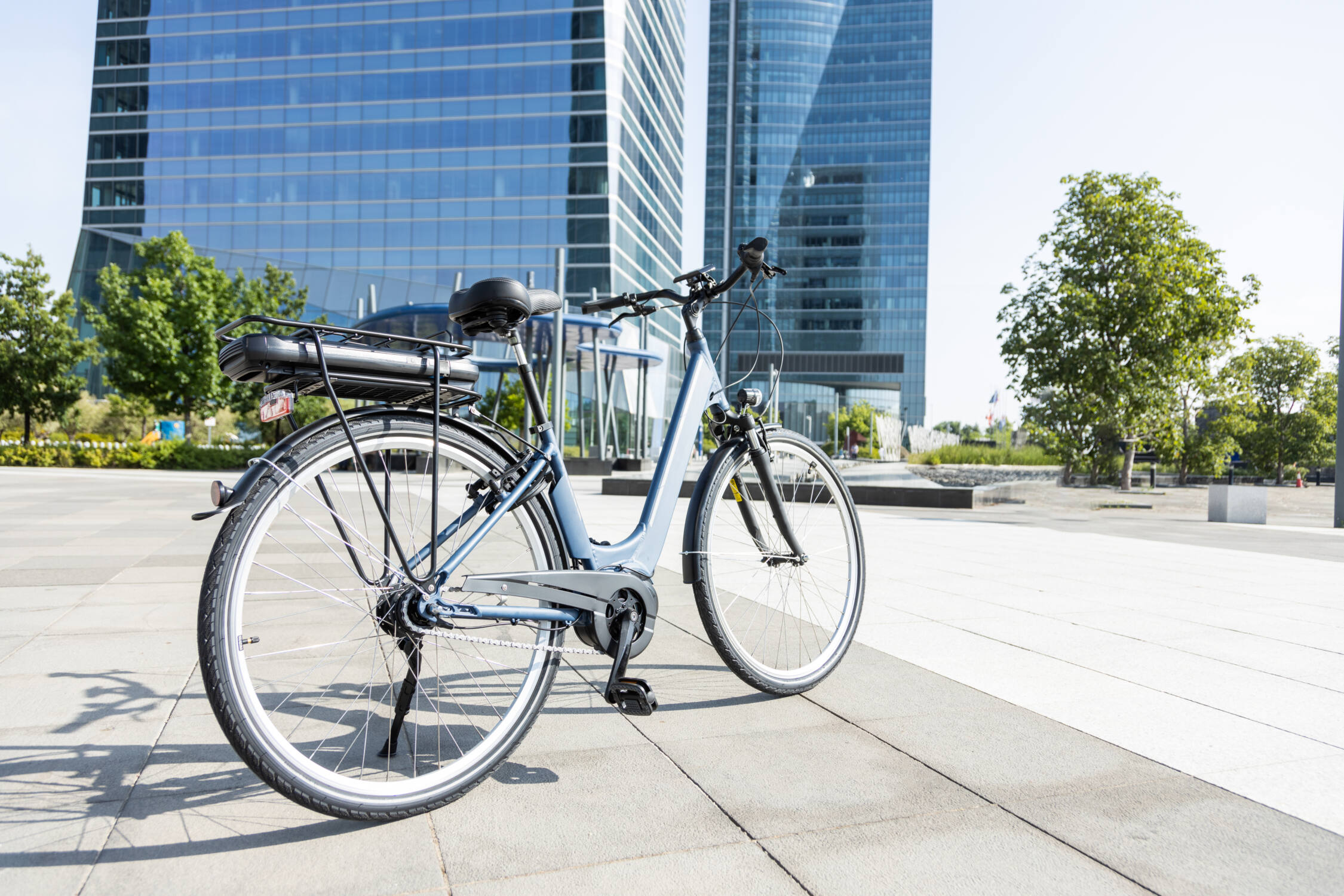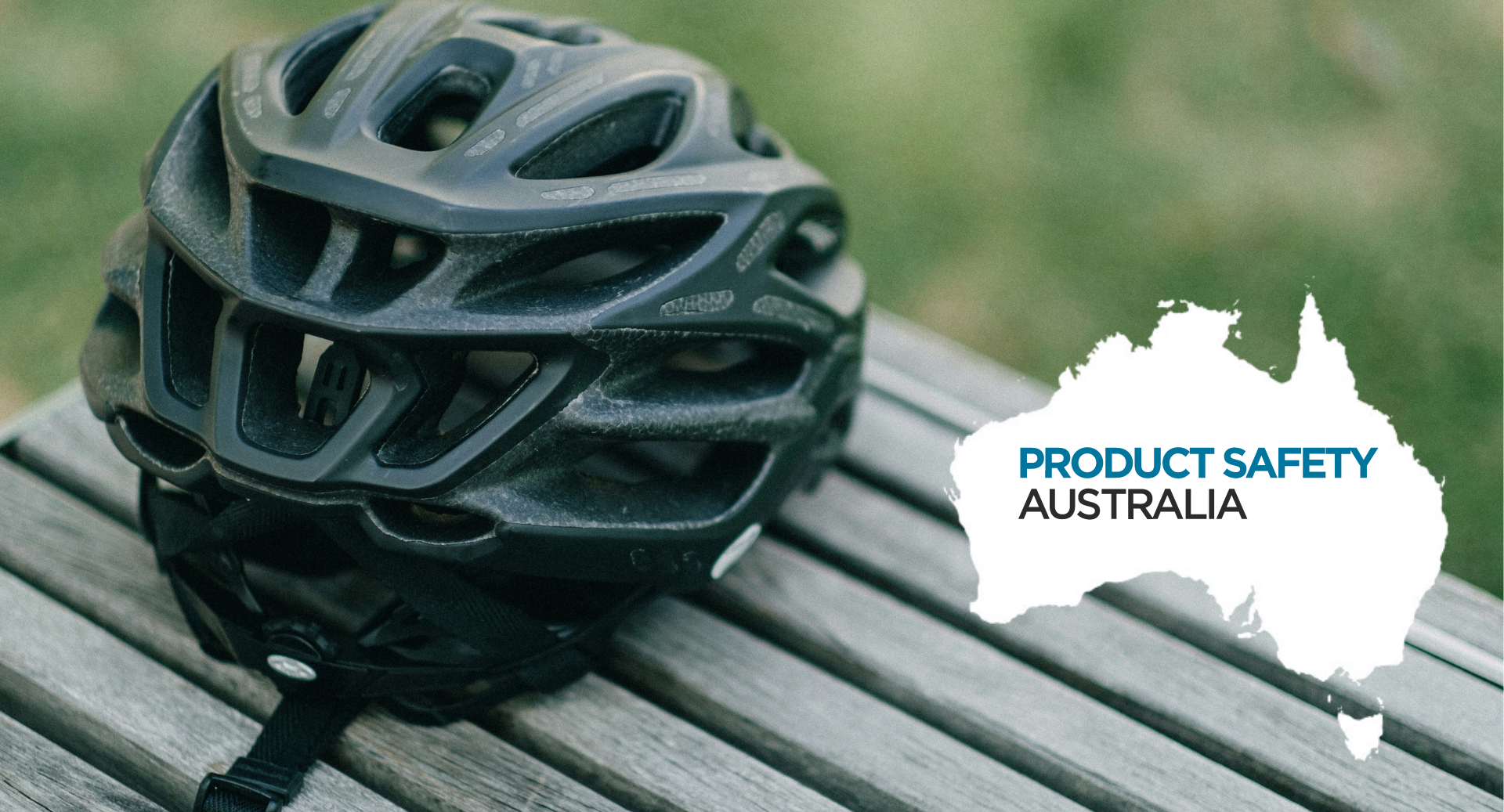
Electric bicycles (also known as e-bikes) have gained significant popularity in recent years as a clean and efficient mode of transportation. As the demand for e-bikes continues to soar, ensuring their safety and performance has become the interest of regulatory bodies invested in public safety. This is where EN 15194 testing comes into play. EN 15194 is a standard that sets forth the requirements for electric bicycles in the EU, encompassing safety, performance, and design criteria. In this article, we delve into the EN 15194 testing, its significance, and how it ensures that e-bikes conform to the highest standard before going to market.
What is EN 15194?
EN 15194 is a European standard specifically developed for electric bicycles. The standard establishes the technical requirements for electric systems, construction, and safety features of e-bikes. EN 15194 testing covers the evaluation process that e-bikes undergo to assess their compliance aligned with the various requirements established in the standard. EN 15194 has been harmonized under the EU’s machine directive.
The main objective of the EU Machine Directive is to harmonize the safety requirements for machinery across the EU member states. It applies to a wide range of machinery, including industrial machines, construction equipment, agricultural machinery, and consumer products with moving parts.
Why EN 15194 Matters
Getting EN 15194 certified is a requirement before taking your e-bike to market in the EU. Undergoing the testing outlined in the standard ensures that your e-bike is safe and will pose minimal risk to consumers. Some of the benefits of EN 15194 testing include:
- Safety Assurance: EN 15194 testing plays a crucial role in ensuring the safety of electric bicycles. It assesses various safety aspects such as braking performance, electrical system safety, stability, and durability. By adhering to these safety requirements, e-bikes are less at risk of accidents and malfunctions, promoting rider and road user safety.
- Performance Verification: E-bikes are expected to meet certain performance criteria to deliver a consistent and reliable riding experience. EN 15194 testing evaluates parameters such as power assistance levels, speed limitation, and range estimation. This verification ensures that e-bikes perform within the defined limits, enabling consumers to make informed decisions based on accurate information.
- Standardization and Market Access: EN 15194 serves as a harmonized standard across the European Union (EU). Compliance with this standard is essential for e-bike manufacturers to gain access to the European market. By undergoing EN 15194 testing, manufacturers can demonstrate that their products meet the necessary requirements and achieve the CE (Conformité Européene) marking, indicating conformity with EU legislation.
EU 15194 vs UL 2849
EU 15194 is the EU equivalent of UL 2849, the American standard for e-bikes. For those who wish to distribute e-bike products in multiple markets, ACT LAB can perform both of these tests to ensure standard compliance in the EU and USA.

Key Takeaways
EN 15194 covers a wide scope of tests that ensure the safety, mechanics, and durability of e-bikes that go up to 25 km/hour. Some of the key components of this standard include:
Electrical System Testing: EN 15194 testing examines the electrical components of e-bikes, including the battery, charger, and control system. It evaluates their safety, efficiency, and performance characteristics, ensuring proper functioning and preventing potential hazards.
Braking Performance Testing: The standard mandates that e-bikes must meet specific requirements for braking efficiency. EN 15194 testing assesses the braking system’s effectiveness, including the electric brake cut-off feature that disables the motor when the brakes are applied.
Range Estimation: EN 15194 testing verifies the claimed range estimation of e-bikes, considering factors such as battery capacity, motor efficiency, and power assistance levels. This testing provides consumers with reliable information about the expected range under different riding conditions.
Stability and Durability: The standard addresses stability and durability aspects by evaluating the frame’s strength, structural integrity, and resistance to fatigue. EN 15194 testing ensures that e-bikes can withstand the rigors of regular use without compromising rider safety.
About ACT-LAB
ACT-LAB is an ISO/IEC 17025 accredited laboratory that conducts consumer product safety and compliance testing for an active world. We can help ensure that your products both meet industry standards and are inspected to ensure the utmost quality.
To learn more about our tests contact us today.
Read more about our accreditations here.
 ISO/IEC 17025 Accredited Independent Testing Laboratory
ISO/IEC 17025 Accredited Independent Testing Laboratory








